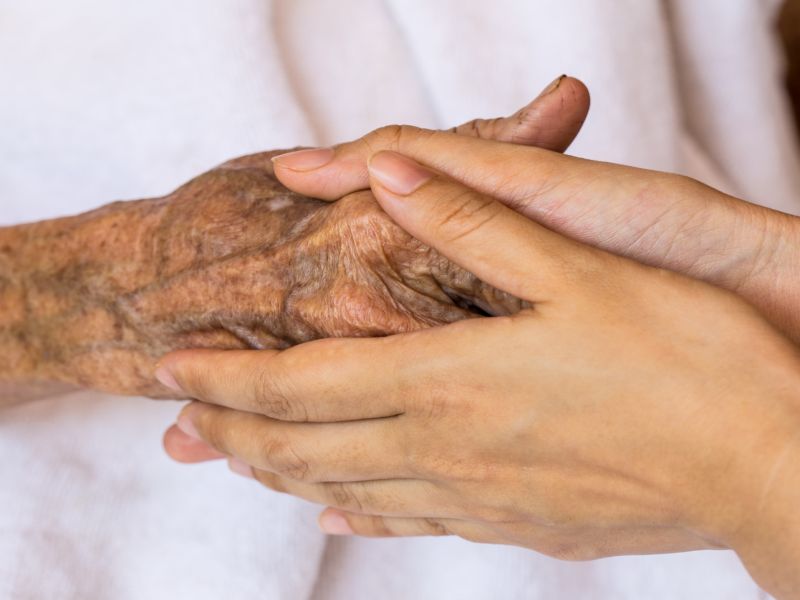WEDNESDAY, July 19, 2017 (HealthDay News) — Nearly 10 percent of patients with terminal cancer don’t want to know they’re dying, which can make their final days more difficult, a new study finds.
Unwillingness to face poor prospects can lead to unnecessary treatments and keep patients from making end-of-life plans, the researchers reported recently in The Oncologist.
“Health care professionals should appropriately assess patients’ readiness for prognostic information,” said study leader Siew-Tzuh Tang, a professor at Chang Gung University School of Nursing in Taiwan.
Doctors should respect patients’ reluctance to confront their poor prognosis if they are not ready to know, “but sensitively coach them to cultivate their accurate prognostic awareness,” Tang said in a journal news release.
The study involved nearly 250 terminal cancer patients in Taiwan. They were questioned several times over their last six months of life about their knowledge of their condition and prognosis.
Initially, 60 percent had an accurate awareness of their prognosis, the researchers found. Fifteen percent had an inaccurate awareness, 17 percent did not know but wanted to know, and 8 percent did not know and did not want to know.
There was little change in the patients’ awareness of their prognosis as the study continued. What change there was tended to be in the direction of more understanding, according to the study.
However, patients who did not know their prognosis and did not want to know were least likely to become more aware, the researchers said.
When questioned just before death, 82 percent of the patients had achieved an accurate awareness of their prognosis, but 18 percent still did not have a complete understanding. Of those, almost 4 percent were in complete denial and did not make suitable preparations for their death, causing them unnecessary stress and trauma, the researchers said.
“This study highlights the complexity and the need to personalize communication with patients and families with cancer,” said Dr. Eduardo Bruera. He chairs the department of palliative care and rehabilitation medicine at the University of Texas MD Anderson Cancer Center in Houston.
“More research is badly needed in this area,” Bruera wrote in an editorial accompanying the study.
In Taiwan, it’s customary for doctors to explain a cancer prognosis to family members rather than the patient. The relatives then decide how much to reveal. Tang, however, believes the findings will have relevance in many other countries.
More information
The U.S. National Cancer Institute has more on cancer.
Copyright © 2026 HealthDay. All rights reserved.

